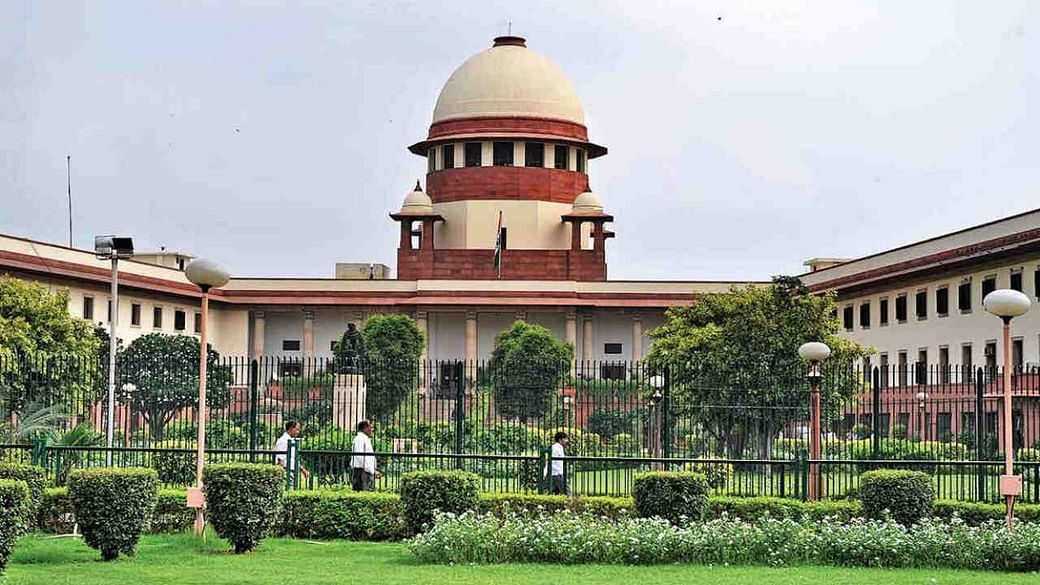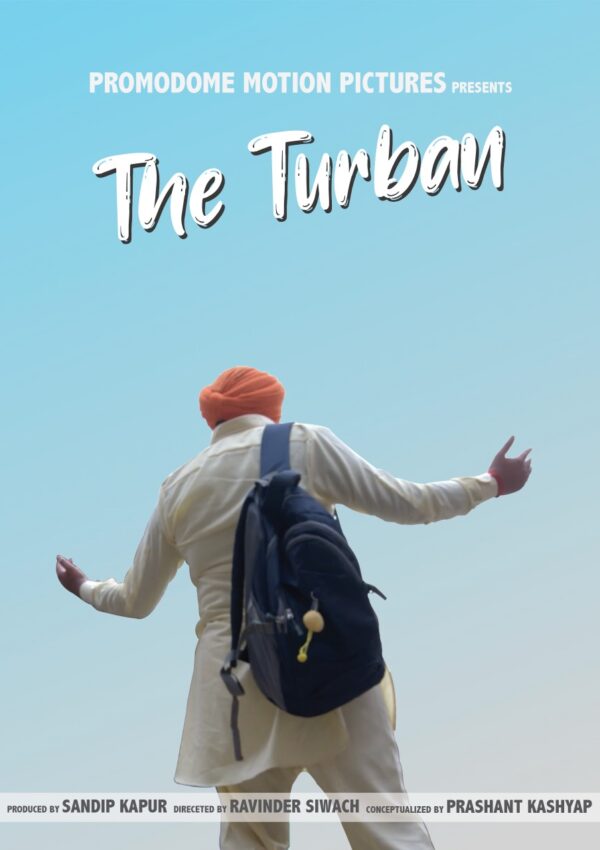TRACING THE ETERNAL LEGACY OF FORMER JUSTICE ROHINTON NARIMAN: A GEM OF INDIAN JUDICIARY

Justice Rohinton Nariman is the second senior most judge in the list of seniority among the gems of Indian judiciary serving in the highest judicial court i.e. Supreme Court of India had retired and demitted the office on 12th August, 2021. In the history of Indian judiciary he holds the tag of not only one of sharpest, witty, knowledgeable, experienced personality but also he was the 5th lawyer to be directly considered and appointed as a Supreme Court Judge in 2014.
By Abhishek Tripathi & Diksha Chouhan
In his journey of 7 years as a judge of the highest court he leaves behind the footprints which marks the eternal verdicts in the history of judiciary that unfolded, resolved and broken various social, political, economical and legal norms. His pen authored and disposed many cases which includes some of the most historic and iconic judicial precedents in the field of law which extends from constitutional law, insolvency laws, arbitration issues & other domain of legal industry that will be remembered for the ages in the history ever changing and evolving jurisprudence.
One of most early judgement in the career of Justice Nariman which reflected that he was in true sense a “Renaissance Man” of the apex judiciary was the Shreya Singhal judgement (Shreya Singhal vs Union of India) in the year 2015. This landmark judgement was adjudicated by a two judge’s bench in which Section 66A of Information Technology Act, 2000 was struck down. It was highlighted by Justice Nariman that “The freedom of speech and the Press is the Ark of the Covenant of Democracy because public criticism is essential to the working of its institutions.” His words and verdict in the said judgement was in light of violation of free speech and expression under Article 19(a) of the constitution. Further, this judgement highlighted and put forth one of the most adopted and fundamental principles and concept of the Indian constitution that is the legislature cannot make a law which is “manifestly arbitrary”.
In the Shayara Bano vs Union of India case also known as the “Triple Talaq Case” Justice Nariman was among the judges who were of the opinion that the instant talaq under the ambit of triple talaq is “void”, “illegal” and “unconstitutional”. Further Justice Nariman accentuates the notion that whenever there arises any contradiction among gender neutrality or equality and religious freedom the former will be given the priority.
Justice Nariman was the integral part of one of the most historical judgement laid down by the Supreme Court on August, 2017 (KS Puttuswamy versus Union of India) declaring unanimously that right to privacy was a fundamental right under the Constitution. He was a part of nine-judge bench which laid that “right to privacy is an intrinsic part of Right to Life and Personal Liberty under Article 21 and entire Part III of the Constitution”.
His contribution in this judgement not only set a new standard for Indian democracy, but it also clarified the law on privacy, which could have ramifications in light of current issues like data theft, data mining, and a citizen’s ability to withdraw consent to data sharing.
Further he was part of the most important and landmark judgements like Navtej Singh Johar v. Union of India where homosexuality under section 377 had been decriminalized and in the case of Joseph Shine v. UOI where the bench unanimously upheld the constitutional validity of Adultery under section 497 of Indian Penal Code, 1860.
He also played very crucial role in some of the landmark arbitration related matters and disputes which includes cases like Associate Builders v. Delhi Development Authority where the Court concluded that, under Section 34, courts should not throw aside an arbitral award simply because they disagree with the arbitrator’s interpretations of the agreement. Instead, the courts must prove that the tribunal’s verdict was based on no evidence or evidence that was irrelevant. In the case of Union of India v. Reliance Industries Limited & Ors. it was observed by the honorable Supreme Court that Part I of the Act will be eliminated by essential implication “if the juridical seat is outside India or where law other than Indian law governs the arbitration agreement.” The Court also stated that the Bhatia principle will continue to apply only in circumstances where arbitration agreements specify that the seat of the arbitration is in India or when a conclusion cannot be reached on the seat of the arbitration being outside India based on the facts. Further, in the case of Amazon.com NV Investment Holdings LLC v. Future Retail Private Limited & Ors the Court held that the concept of an emergency arbitrator is grounded on party autonomy, because the legislation allows the parties complete authority to appoint an arbitrator or arbitral institution. Furthermore, the emergency arbitrator is an arbitrator for all purposes. The emergency arbitrator’s order is binding on the parties, but not on the subsequently constituted arbitral tribunal which has the right to modify, reconsider, terminate, or nullify the emergency arbitrator’s decision/award of the emergency arbitrator. Lastly, the emergency arbitrator’s order was found to be an order under Section 17(1) of the Arbitration and Conciliation Act, 1996, and enforceable as a Court order under Section 17(2) of the Act. In the case of M/s Emkay Global Financial Services Ltd v. Girdhar Sondhi the Court held that an application to set aside an arbitral ruling usually does not require anything more than the record before the arbitrator. However, if there are matters not reflected in such a record that are important to the determination of questions arising under Section 34(2)(a), they may be brought to the court’s attention by both parties filing affidavits. Persons swearing to the affidavits should not be cross-examined unless absolutely required, as the truth will emerge out from reading of the affidavits filed by both the parties. All the above landmark arbitration related matters have one thing in common that is the presence of Justice Nariman and his blunt verdict.
Being a judge is not an easy job for the simple reason that a judge might leave the judgeship but judgeship never leaves the judge. While on the bench, a judge is always on trial for his/her acumen and after leaving the bench, trial begins for his/her legacy. Justice Nariman stands tall on both the accounts. What stands him out is the combination of three things; fearlessness, hardwork and a brilliant mind. Apart from all the above, a fact which cannot be denied that more than the Parliament, it is Justice Nariman who defined, rationalized and put together Insolvency and Bankruptcy Code and gifted it to the Country. There may and will be agreement and disagreement over his judgements, after all we all live in a democracy. But what can never be questioned is his integrity, fearlessness and an uncompromising attitude to deliver.
Bid adieu Justice Rohinton Nariman, you shall be remembered.







